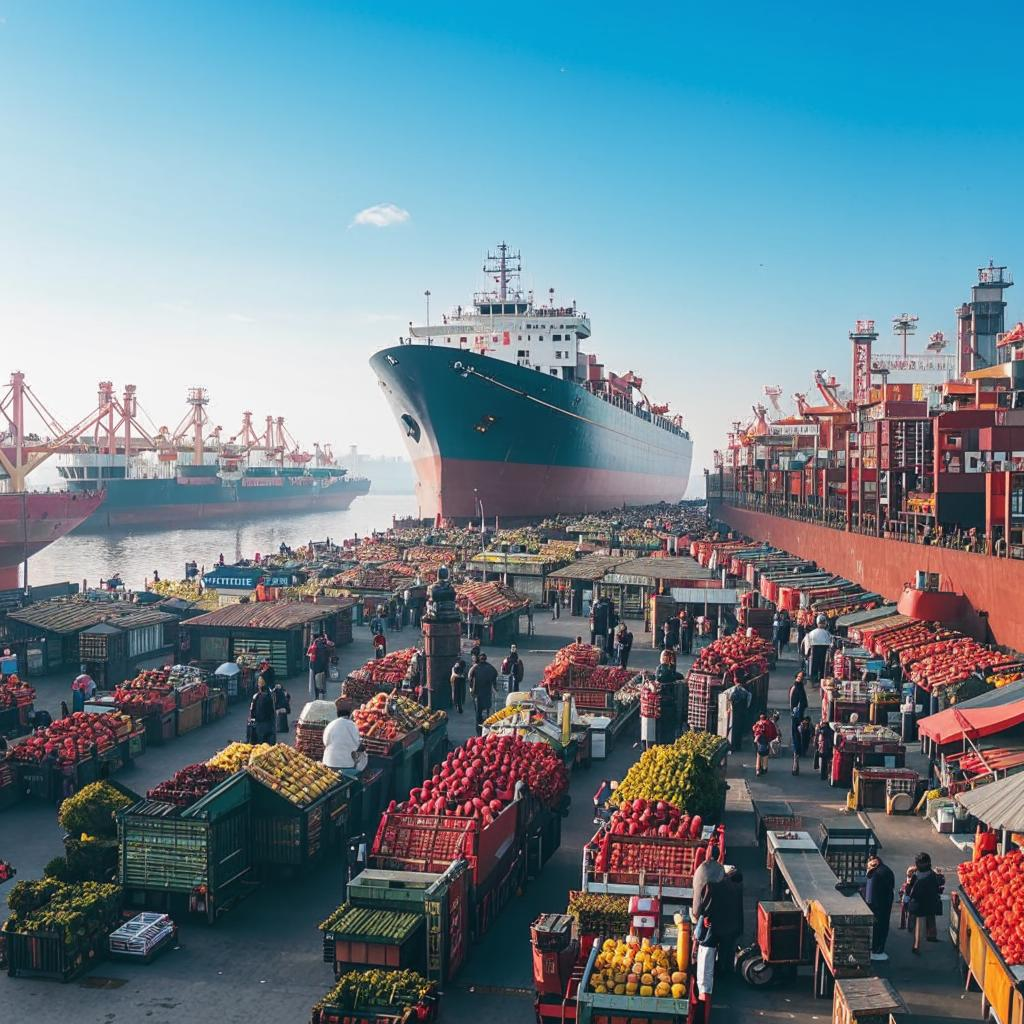Argentina is taking a bold step to dismantle its stringent currency controls, a move backed by the International Monetary Fund (IMF) aimed at stabilizing its struggling economy. These controls, in place for several years, have significantly hampered foreign investment and distorted the country’s financial landscape. The decision to lift them signals a shift towards a more market-oriented approach, potentially paving the way for increased capital flows and a more realistic valuation of the Argentine peso.
However, the transition is fraught with challenges. The Argentine economy faces high inflation, dwindling foreign reserves, and a deeply rooted lack of confidence. The removal of currency controls could trigger a sharp depreciation of the peso, potentially exacerbating inflationary pressures and creating further economic instability. The IMF’s support package is crucial to cushioning the blow and providing a safety net during this delicate period.
The success of this policy shift hinges on several factors, including the government’s ability to implement sound fiscal policies, restore investor confidence, and manage the social consequences of potential economic shocks. Furthermore, the global economic environment and the performance of Argentina’s key trading partners will play a significant role. The lifting of currency controls represents a high-stakes gamble for Argentina, one that could either unlock its economic potential or plunge it into deeper crisis. It’s a test of the nation’s resilience and its ability to navigate a complex and uncertain economic landscape. The world is watching to see if Argentina can successfully pull off this ambitious reform.















